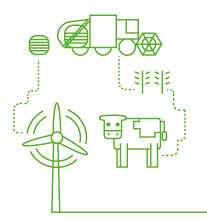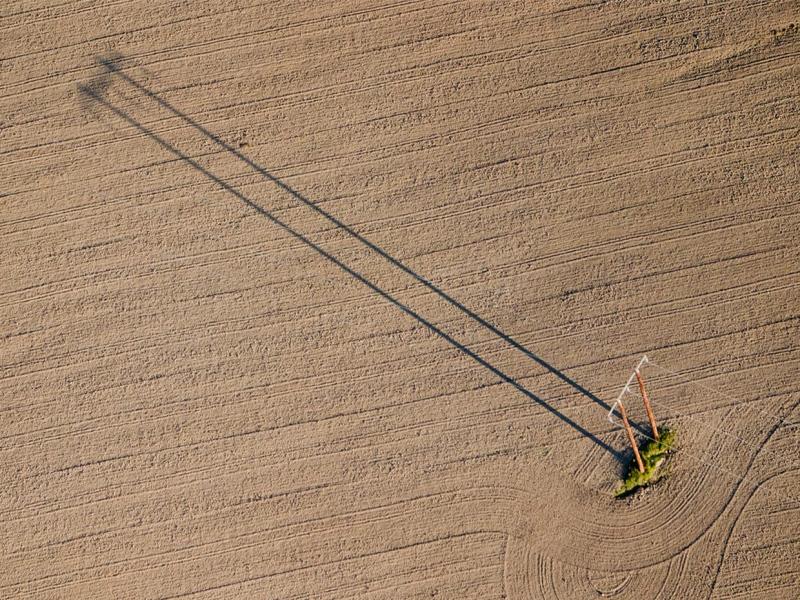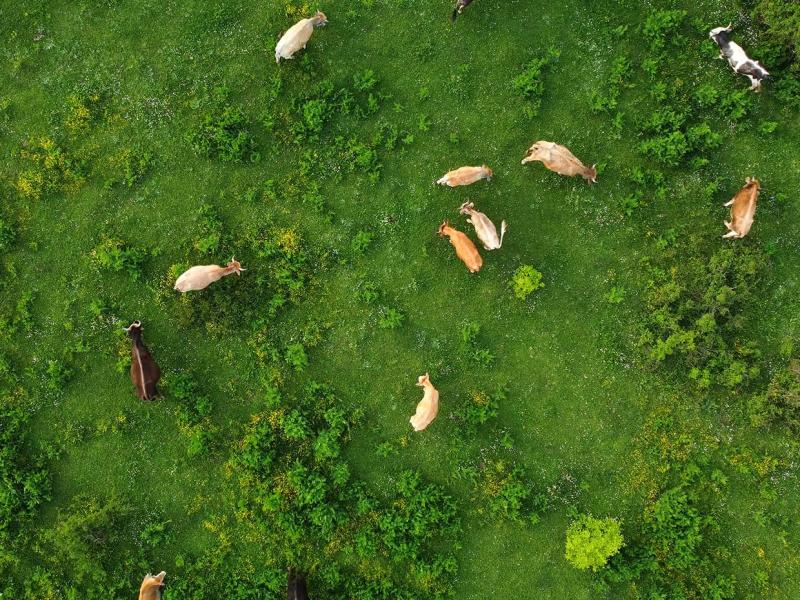A farm is a significant, if not the most significant, asset held by many farming families.
Ensuring that the farm and farming business are passed down to the next generation of farmers within a family without a substantial stamp duty cost requires careful up-front and ongoing planning, typically with the support of an experienced adviser.
Whether for succession planning or asset structuring, there are several reasons why you may want to transfer your farm out of your own name or the entity operating the farming business and to a relative or, in some cases, a family trust.
In each of the five mainland states, it is possible for such a transfer to be duty-free, though there are different rules across each state to be mindful of.
The table below is only intended to be a high-level guide of the main requirements that exist in each state and not all requirements are listed below. Therefore, it is crucial that all requirements for the exemption are satisfied prior to transferring the farm, as a failure to meet even one requirement can result in the imposition of a hefty stamp duty bill on the transfer.
Main requirements for a duty-free farm transfer:
| Requirements | NSW | QLD | VIC | WA | SA |
|---|---|---|---|---|---|
| The land must be used for primary production |
|
|
|
|
|
| The transferor (or person directing the transferor) must be a relative of the transferee |
|
|
|
|
|
| Pre-transfer, primary production business needed to have been carried out by the relative |
|
|
No |
|
|
| Post-transfer, primary production business needs to be carried out by the transferee |
|
|
No |
|
No |
What is a relative?
A relative for these purposes will generally always include:
- Grandparent and child or grandchild;
- Child and parent or grandparent;
- Brother and sister (including in-laws);
- Spouses or a spouse of any person referred to above, including those legally married, domestic partners, or de facto.
State-specific rules
Some states such as Queensland also include cousins and, in other states such as Western Australia, stepchildren and step-parents are also included as relatives. Although, this is not the case in every state.
Also in Queensland and Western Australia, related farming equipment and water allocations can also be transferred with the farm without a duty cost.
In New South Wales, Victoria, or South Australia, either or both transferor and transferee can be a family or unit trust, a private company, or even a self-managed superannuation fund. However, the rules in each state where one or both of the parties is not a natural person vary markedly, so this should be confirmed prior to executing any documents.
Finally, Western Australia and South Australia impose time limits around how long a farming business needs to be carried on either pre or post-transfer for the transaction to be eligible for exemption.
While there is some commonality around the requirements of a stamp duty-free inter-generational transfer of a family farm, there are nuances in each state that must be considered before executing any transaction document.
For more information
If you would like to know more, please reach out to your local RSM adviser.





